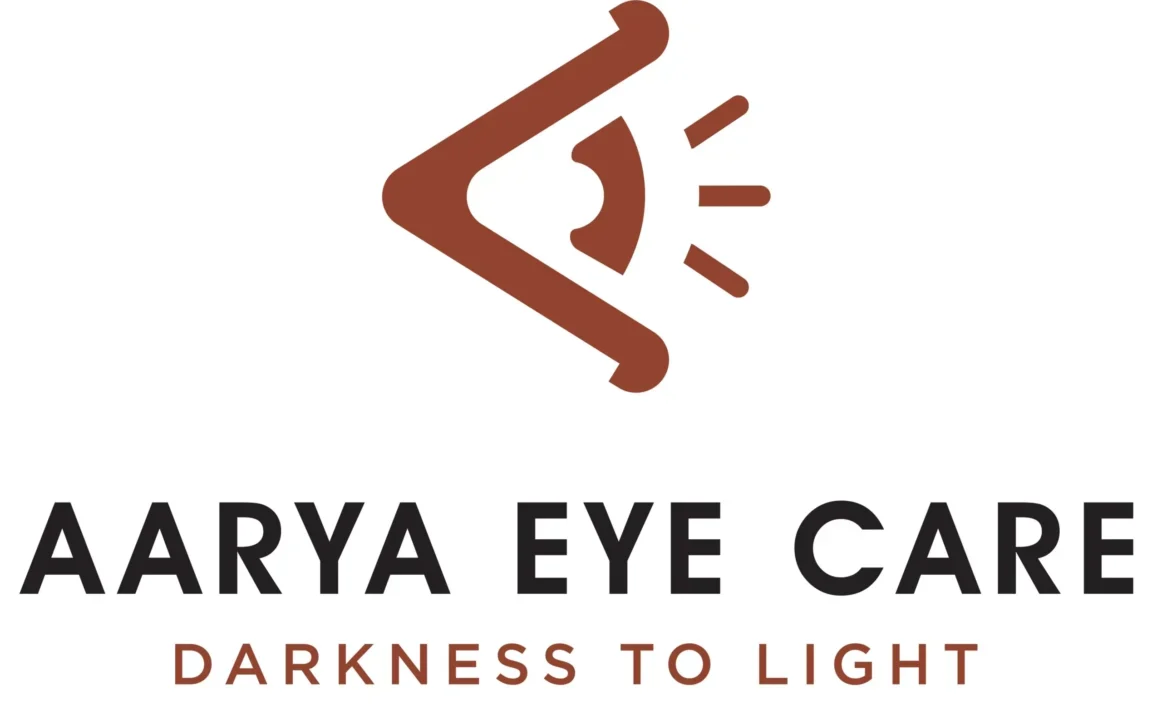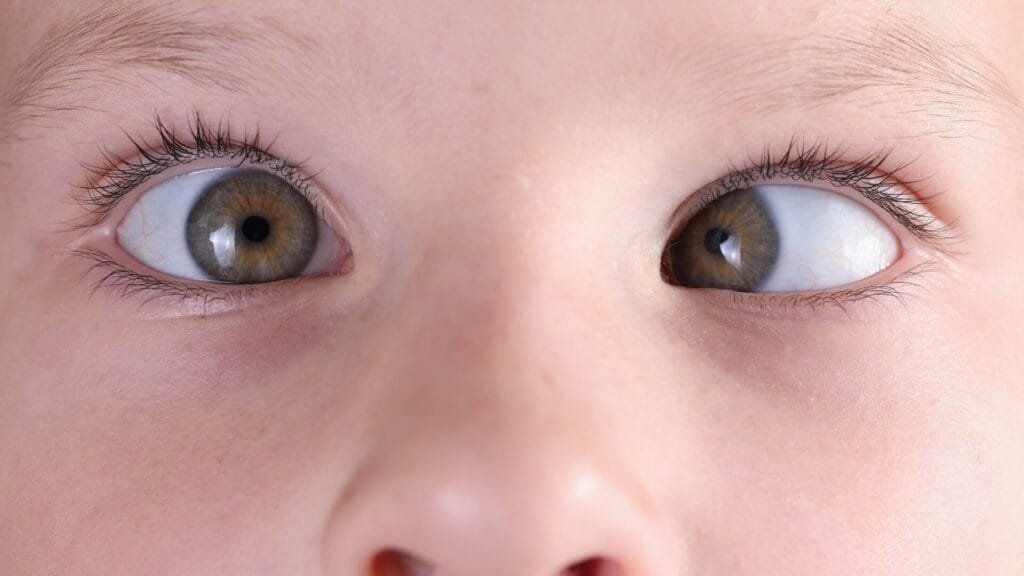Early Signs of Retinal Detachment and Why They Shouldn’t Be Ignored
Vision changes are common, but not all of them should be brushed off. Some signal a serious eye condition that requires immediate attention. One of the most urgent eye conditions is retinal detachment. It occurs when the retina, the light-sensitive layer at the back of the eye, separates from the tissue that supports it. The early signs of retinal detachment can be subtle at first, but if ignored, the condition may lead to permanent vision problems.
What Is Retinal Detachment?
The retina serves as a film in a conventional camera or sensor on a digital camera. It gets light, and creates images that it transmits to the brain. Once the retina is detached, the process is disrupted making vision impaired.
A layer of wall is peeling off, when there is a gap, then the retina does not perform its work accordingly. Unless prompt treatment is given, retinal cells begin to die, and they cannot be repaired.
Early Signs of Retinal Detachment
Most people do not feel pain when retinal detachment begins, which makes recognizing the early signs even more important. Symptoms may include:
- Sudden increase in floaters: Black spots, cobwebs, or shapes that seem to drift across vision. A few floaters are common with age, but a sudden increase is a warning.
- Flashes of light (photopsia): Quick flashes, often at the side of vision that may feel like seeing sparks or lightning streaks.
- Blurred or distorted vision: Straight lines appearing bent, or objects looking unclear.
- Shadow or curtain effect: A dark area creeping across part of vision, as though a curtain is being drawn.
- Loss of peripheral vision: Side vision slowly narrows, making it harder to see objects at the edges.
The fact that these symptoms appear without pain is why so many people ignore them until the condition advances. It is important to understand these early signs of retinal detachment.
Why Ignoring These Signs Is Risky
A detached retina progresses rapidly. Once separation begins, it often spreads, cutting off blood and oxygen to the cells. This damage leads to permanent vision problems or even complete blindness in the affected eye.
Unlike many other eye issues, retinal detachment cannot “heal on its own.” A medical emergency requires surgery. Ignoring early signs is one of the main reasons patients lose vision that could have been saved.
Risk Factors and Who Should Be Alert
Some people are at higher risk of developing retinal detachment. You should be more alert if you have:
- High myopia (severe nearsightedness) – makes the retina thinner and more fragile.
- Age over 50 – natural changes in the eye increase the risk.
- Past eye surgery – such as cataract removal.
- Previous eye injury or trauma.
- Family history of retinal detachment – genetic factors may play a role.
- Diabetic retinopathy or other retinal diseases.
For these groups, routine check-ups at a reliable eye hospital in Thrissur or elsewhere in Kerala are essential for early detection.
What to Do If You Notice Symptoms
If you experience the early signs of retinal detachment, do not wait for symptoms to pass. Immediate medical attention is vital.
- First step: See an ophthalmologist without delay. Even a single new floater or flash should be checked.
- Diagnosis: Doctors may perform a dilated eye exam, retinal imaging, or ultrasound to confirm detachment.
Treatment options include:
- Laser photocoagulation – sealing small tears before they spread.
- Pneumatic retinopexy – injecting a gas bubble into the eye to push the retina back.
- Scleral buckle surgery – using a silicone band to gently hold the retina in place.
- Vitrectomy – removing the vitreous gel inside the eye and replacing it with a clear solution.
The success of these treatments depends on timing. The sooner the procedure is done, the greater the chance of preserving vision.
Prevention and Regular Eye Care
Retinal detachment cannot always be prevented but you can reduce your chances of having this problem by:
- Having routine eye check-ups in Kerala, particularly when you are at high-risk.
- Using protective eyewear in sports or in areas of employment where eye injuries are prevalent.
- Management of systemic diseases like diabetes and high blood pressure.
- Knowing your family history and communicating the same to your ophthalmologist.
Prevention is concerned with awareness and early intervention. Most of the cases are treatable provided they are identified before they are completely detached.
Conclusion
Floaters, flashes, blurry vision, or a curtain-like shadow across your sight should never be dismissed as minor. These are often the early signs of retinal detachment, a serious eye condition that requires immediate care. Quick response is the best way to prevent permanent vision problems.
If you are searching for the Best Eye hospital in Thrissur, Kerala, Aarya Eye Care offers expert retinal services, advanced diagnostic tools, and modern treatment options for every stage of the condition.
Protect your vision. Contact Aarya Eye Care today to schedule an eye check-up or consultation.








